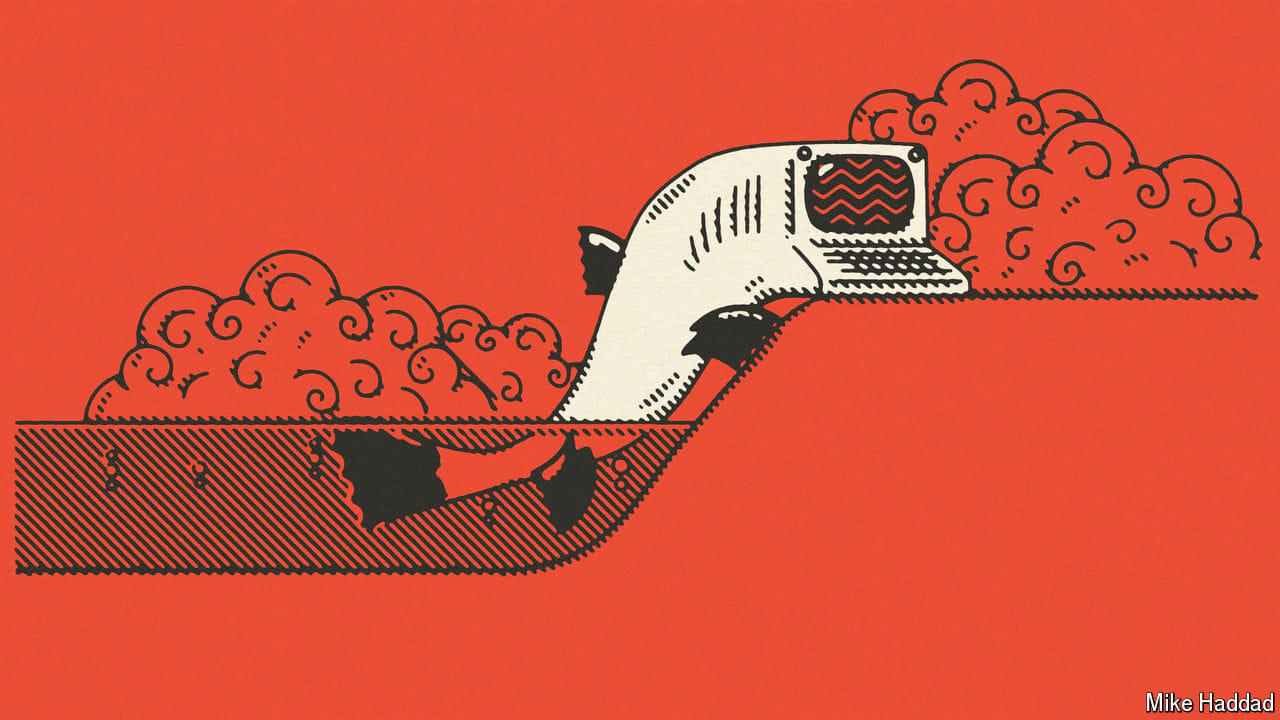Economists are turning to culture to explain wealth and poverty
As a result, the ideas of the earliest economists are being revised and improved

THE EMERGENCE of the discipline of economics in the 18th century was the result of people trying to explain something that had never happened before. At the time a handful of countries were becoming fabulously rich, while others remained dirt-poor. In 1500 the world’s richest country was twice as well-off as the poorest one; by 1750 the ratio was five to one. It is no coincidence that the most famous book in economics, published in 1776, inquired into “the Nature and Causes of the Wealth of Nations”.
This article appeared in the Schools brief section of the print edition under the headline “Hard work and black swans”
More from Schools brief

The race is on to control the global supply chain for AI chips
The focus is no longer just on faster chips, but on more chips clustered together

AI firms will soon exhaust most of the internet’s data
Can they create more?

A short history of AI
In the first of six weekly briefs, we ask how AI overcame decades of underdelivering
Finding living planets
Life evolves on planets. And planets with life evolve
On the origin of “species”
The term, though widely used, is hard to define
Making your way in the world
An individual’s life story is a dance to the music of time
